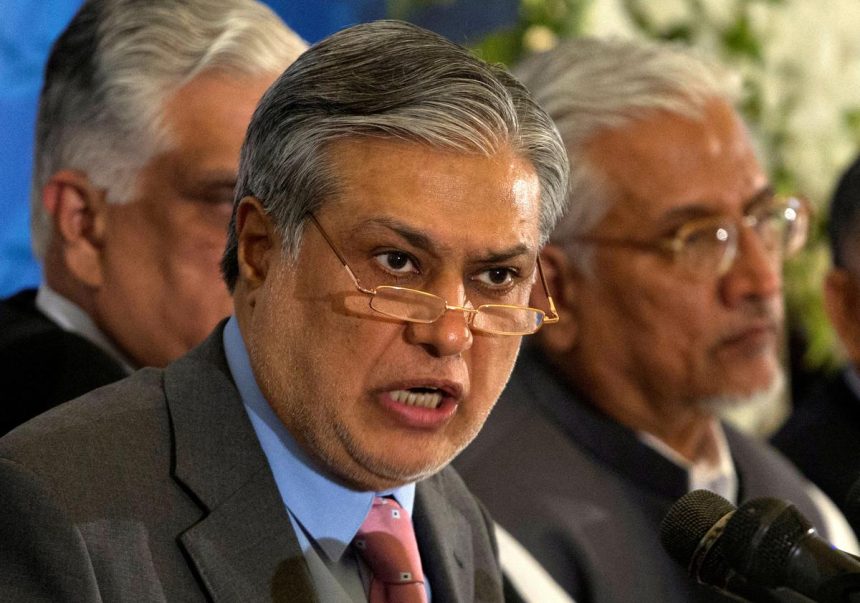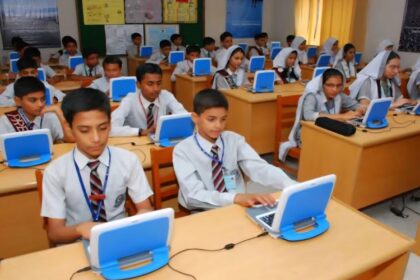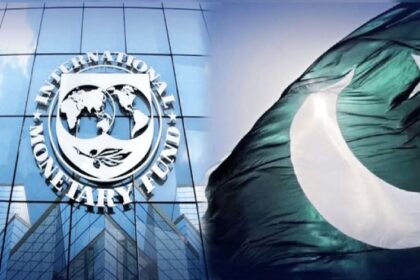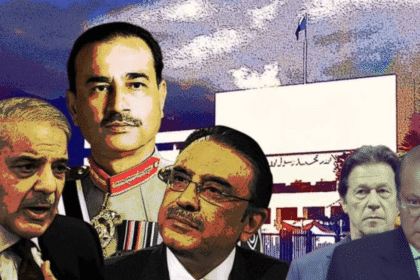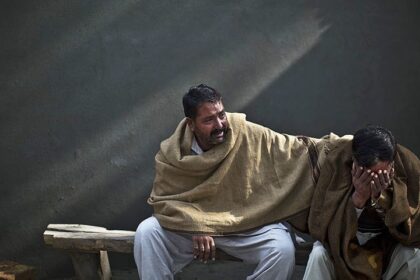Deputy Prime Minister and Foreign Minister Ishaq Dar has said that youth are not just the future, they are the present, and have been contributing a lot in today’s policymaking. He made these remarks at the Commonwealth Intergenerational Dialogue in Samoa.
Speaking on the occasion, Dar informed the participants about Pakistan’s initiatives aimed at empowering youth. Giving the example of Prime Minister’s Youth Program, he said the initiative had been supporting young people in education, employment, and civic engagement. He said the program had directly impacted millions of young Pakistanis by providing them with the tools they need to take on leadership roles, both nationally and within the Commonwealth.
The foreign minister mentioned Pakistan’s efforts to revise the Commonwealth Youth Programme Memorandum of Understanding (CYP-MOU), saying that youths’ impact goes beyond aspirations for tomorrow and actively shapes the policies and technologies of today. He said the updated framework is aimed at creating stronger support systems for youth across Commonwealth countries. This memorandum is not just about updating policy but about providing meaningful opportunities for youth participation at every level of governance, he said.
Dar said the Commonwealth Asia Youth Alliance (CAYA) is another major initiative that brings together young leaders from across the region for collaboration and innovation. It may be mentioned here that Pakistan has always sought to build a network of young professionals and leaders through this alliance so that they can drive regional development and forge stronger bonds among Commonwealth nations in Asia.
The foreign minister said that the youth had made significant contributions to climate action and digital innovation. He urged Commonwealth leaders to actively embrace the youth as full partners in the global effort to address challenges like climate change. The contributions of young people are important for achieving sustainable development goals, he said, adding that their input is indispensable when it comes to crafting policies aimed at reducing carbon footprints and promoting green technologies.
Separately, in his address at the Commonwealth Business Forum, Ishaq Dar made a direct appeal for urgent investment in digital infrastructure to tap into emerging tech markets, saying that modern economies cannot thrive without embracing new technologies. Building this infrastructure is crucial for economic modernization and improving productivity across member states, he said.
The foreign minister also urged member states invest in education, skill development, and entrepreneurship, saying that these are the backbone of technological progress. Efforts to modernize would fall flat without a skilled workforce, he warned, and stressed the need for providing workforce with the right tools to meet the challenges of the digital age.
Dar said the Commonwealth Business Forum plays a crucial role in making this transformation possible. This is a platform where countries can collaborate on trade, investment, and technology; exchange knowledge; and come together to find solutions that serve millions of people across the Commonwealth, he said.
He said the workforce needs to adapt to the rapidly changing global landscape for the economies to stay competitive. This includes acquiring new skills and preparing for the demands of a technology-driven economy, he added.
The foreign minister also reaffirmed Pakistan’s commitment to the Commonwealth’s prosperity and called for a shared vision that includes sustainable growth and stronger trade between member countries.
Dar pointed out that efforts are already afoot in Pakistan to equip the workforce with skills for the modern economy. These initiatives are aimed at ensuring that Pakistanis are ready to compete globally, he concluded.






